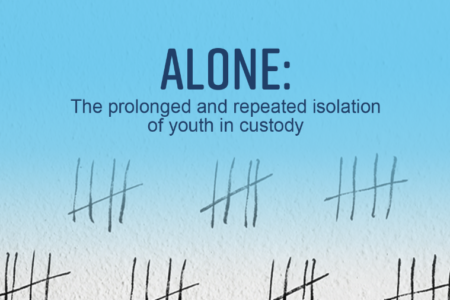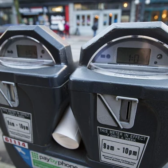In wake of snow removal lawsuit, city resets snow and ice control policy
The squeaky wheel has been given some grease.
The city has beefed up its Snow and Ice Control policy in response to an ongoing court case in which a woman sued the city, alleging negligence over its downtown snow removal.
Using the findings of the Supreme Court of Canada, and recommendations of the Municipal Insurance Authority (MIA), City of Nelson Public Works and Utilities drafted and city council passed an expanded policy to ensure municipal immunity in how it removes snow.
It is in establishing immunity that the cornerstone is formed in how a local government is able to operate without incurring multiple lawsuits.
However, in one current lawsuit against the city by Taryn Joy Marchi in 2015, the contention was made that the city was negligent and had not done enough to clear snow windrows from downtown streets — after a heavy snow event in January 2015 — resulting in injury to Marchi.
The trial upheld the city’s argument — that it was a core policy decision and was therefore immune from prosecution — but an appeal court decision did not, as did the Supreme Court. Both courts found the city can be held responsible for injuries caused by its snow clearing decisions, and that its snow removal practices are not immune from negligence and liability claims.
Although the case will be heard again back in trial court, said city deputy corporate officer Gabriel Bouvet-Boisclair, the city had to remedy the immunity aspect of its snow removal policy.
“So what we are doing here with this policy is give ourselves a better shot at establishing core policy immunity in the future,” he told city council during a Dec. 17 meeting.
City manager Kevin Cormack said the way local governments have been able to establish exemption from liability is if it was a policy decision of council, and not made by city staff.
“Courts have recognized that, as elected officials, you have to make some decisions on how much resources you are going to put into various (areas),” he said. Those decisions are for the greater good, but may not be viewed that way for others.
In order to establish immunity for Nelson, city council had to take a greater role in directing the snow removal policy, said city Public Works and Utilities director Colin Innes.
“The major thing to establishing a core policy decision is the level and responsibility of the elected decision makers,” he said during the meeting. “The more that the policy has been directed by council … that has the ability for us to rely on this as a core policy decision.”
As a result, the one-page policy was updated to eight pages and provided a greater clarification — and detail — of how the city goes about moving and managing snow and ice, Innes added.
“The more a decision is based on technical standards or general standards of reasonableness, the less likely it will be a core policy decision,” he said. “The more a decision weighs competing interests and requires value judgements, the more likely it will be considered a core policy decision.”
The intent of the Snow and Ice Control Policy was to ensure that city council had a clear and comprehensive policy to guide its staff in dealing with snow and ice, and that this was well documented.
Additionally, a Snow and Ice Control plan was created to serve to inform people on the matter, as well as to identify some of the constraints and issues around snow and ice control.
Onus among us
Outside of the policy, Mayor John Dooley said there needs to be some allowance for common sense and geography.
He said Nelsonites live in a mountain town with a winter that gets a lot of snow.
“There’s a certain onus that goes back on the public to be able to get around town,” after a snowfall, he said.
“When you drive around our town on the bus route, or the emergency route — the hospital or fire hall or any of our facilities — within a half of a block of most people you can get to a well plowed road.”
Those routes, including the routes for city transit, are plowed first as a city priority during, and after, a snow event. Not all roads will be plowed right away, he said.
“This is not rocket science … and there has to be an onus on the public to stay at home or take the appropriate route to get where you want to go,” Dooley said.
MIABC recommendations on snow removal
• Have a well-drafted written policy that sets out a plan of how you are going to deliver your services within your budgetary allotment;
• local governments are not expected to deliver their services to the standard of perfection; and
• a clear written policy will help to establish that how a service is delivered is reasonable under the circumstances and met the standard of care.
Source: City of Nelson Public Works
Tale of the tape
The City of Nelson maintains over 67 kilometres of roads for winter conditions.
Budgetary, equipment and manpower constraints render it impossible for all the roads in the city to be completely cleared of snow and ice in a single day, noted a report from Innes to council.
“The policy identifies the priorities for snow removal and the order in which areas will be serviced after a snowfall,” he wrote.
“Winter weather can be very unpredictable and the city’s ability to meet the objectives set out in the plan can be impacted by equipment breakdowns, manpower shortages and budget limitations.”
The Snow and Ice Control Plan — developed in conjunction with the policy — is considered a response to the best-case scenarios assuming that all the equipment is in good working order and all personnel is available for work.


























